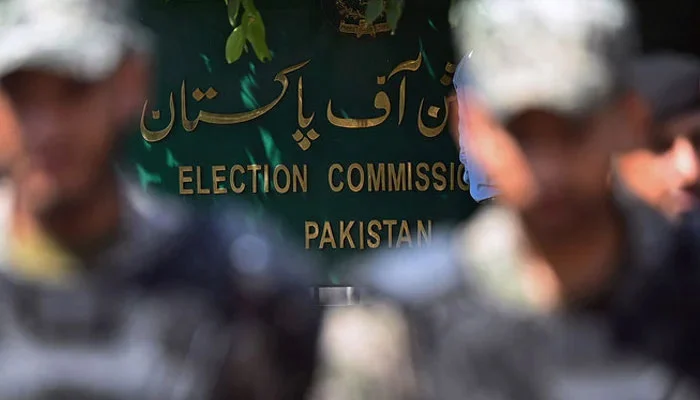Pakistan took a significant step towards its much-anticipated general elections as the Election Commission of Pakistan (ECP) unveiled the preliminary delimitation of constituencies today. This development follows the completion of the national census earlier this year.
The Election Commission of Pakistan (ECP) made the announcements on Wednesday, September 27, releasing a provisional report detailing the delimitation of constituencies based on the recently concluded census. Originally, the delimitation process was scheduled to conclude on October 7, and a preliminary report release on October 9, following the census results notification on August 7. However, on September 1, the ECP compressed the timeline by 14 days, aiming to finalize the process on November 30 instead of the initially planned December 1.
The ECP announced that the preliminary constituencies will be available for public review from September 27 to October 26, allowing voters in their respective constituencies to voice objections or submit representations during this timeframe.
Here are some key population distribution figures for National Assembly constituencies based on the initial delimitation in Pakistan:
– Balochistan: 930,900 voters
– Sindh: 913,052 voters
– Khyber Pakhtunkhwa: 907,913 voters
– Punjab: 905,595 voters
– Islamabad: 787,954 voters
The National Assembly comprises 266 general seats, 60 seats reserved for women, and 10 seats reserved for non-Muslims. Punjab holds the majority with 141 seats, followed by Sindh with 61, Khyber Pakhtunkhwa with 45, Balochistan with 16, and Islamabad with 3.
In provincial assembly constituencies, the population distribution is as follows:
– Punjab: 4,29,929
– Sindh: 4,28,432
– Khyber Pakhtunkhwa: 3,55,270
– Balochistan: 2,92,047
The delimitation report calculates seat allocation based on the final results of the 2023 census, using a formula where the population of each province/area was divided by the total number of general seats to determine the quota per National Assembly seat.
The Election Commission of Pakistan recently announced that the general elections are scheduled to take place in the last week of January next year, following the dissolution of the National Assembly on August 9.
Senator Anwar-ul-Haq Kakar was appointed caretaker Prime Minister of Pakistan after the assembly’s dissolution. Despite criticism, Kakar endorsed the delimitation, considering it a “constitutional exercise.”
The publication of the preliminary delimitation report is a significant milestone in Pakistan’s journey toward the upcoming general elections, bringing the country closer to the planned last week of January election date. A specific election date has yet to be announced.
The ECP initially stated that 54 days would be required for candidate nominations, scrutiny, approval, and the election campaign, hence the decision to hold elections in the last week of January. The constitutional requirement mandates elections within 90 days after the dissolution of the National Assembly.
With the completion of the delimitation process, which became mandatory following the new census, Pakistan inches closer to its eagerly awaited general elections.
The National Assembly consists of 266 general seats, 60 seats reserved for women, and 10 seats reserved for non-Muslims.
